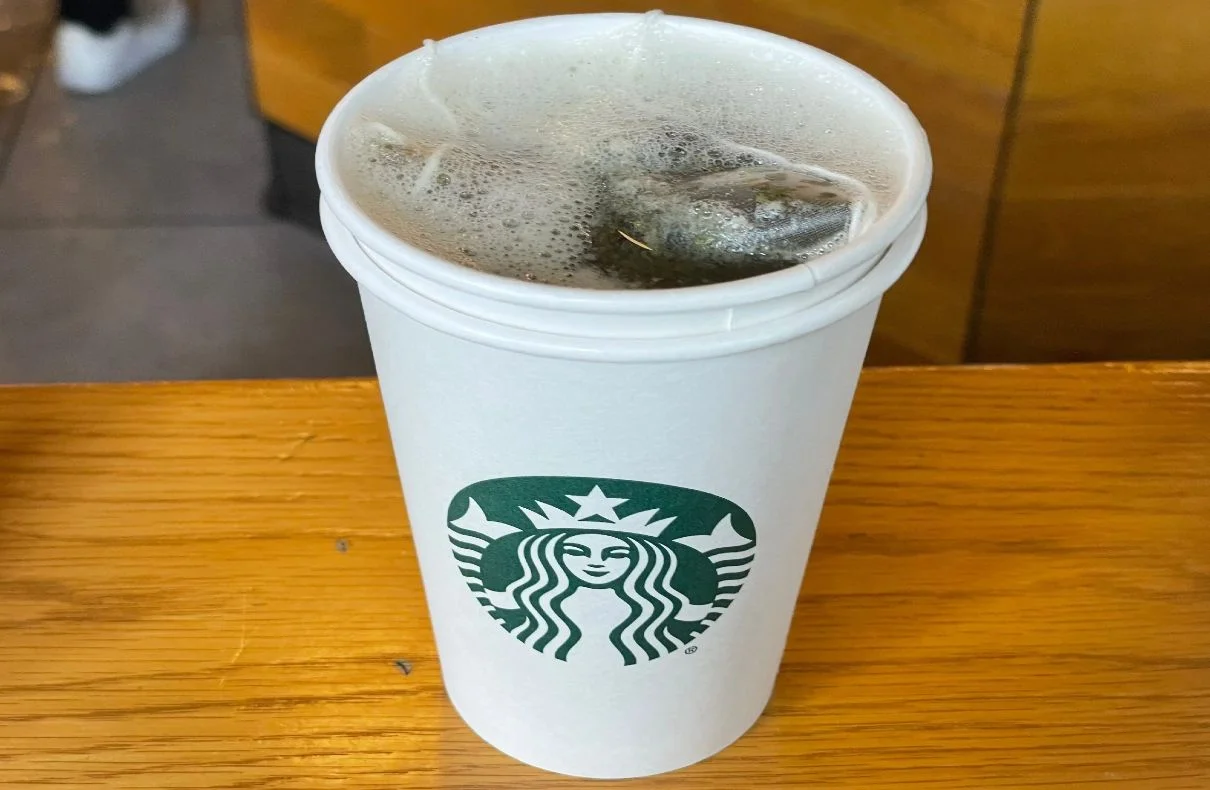Starbucks, one of the most well-known coffee chains in the world, is facing a lawsuit filed by a consumer advocacy group. The National Consumers League alleges that Starbucks has been deceiving customers with its claims of “100% ethical” coffee and tea sourcing. The lawsuit, filed in a Washington D.C. court, accuses the company of sourcing its products from farms with documented human rights abuses, including child labor and human trafficking.
The National Consumers League points to media reports that highlight abuses on farms that supply coffee and tea to Starbucks. These cases raise doubts about the company’s packaging, which prominently states its commitment to “100% ethical coffee sourcing.” The lawsuit argues that Starbucks has been misleading consumers by failing to disclose that its certification program does not guarantee ethical sourcing.
One incident cited in the lawsuit occurred in 2022 when police rescued 17 workers, including teenagers, from a coffee farm in Brazil. These workers were made to work outdoors without protective equipment and were forced to lift 130-pound sacks of coffee. Another case mentioned in the lawsuit involves a 2023 report by the BBC, which exposed rampant sexual abuse and grueling working conditions on the James Finlay tea plantation in Kenya. Although James Finlay was a supplier to Starbucks at the time, the company claims it no longer purchases tea from that plantation.
US Scientist’s Mind-Blowing Tea Hack: Add Salt for the Perfect Sip
Starbucks has acknowledged the lawsuit and stated that it plans to “aggressively defend against the asserted claims.” The company emphasized that it takes allegations of human rights abuses very seriously and is actively engaged with farms to ensure they adhere to their standards. Starbucks developed ethical sourcing guidelines in 2004 and employs third parties to verify conditions at its suppliers. It claims to have zero tolerance for child labor and requires farmers to provide a safe, fair, and humane working environment.
In response to the lawsuit, Starbucks released a statement asserting its commitment to working with business partners to meet the expectations outlined in their Global Human Rights Statement. Sally Greenberg, the executive director of the National Consumers League, argues that Starbucks has been deceiving consumers and charging them a premium for their alleged campaign of deception.
The National Consumers League’s lawsuit seeks injunctive relief, penalties, and damages against Starbucks. The advocacy group aims to hold the company accountable to Washington D.C. law, the consumers who have relied on its allegedly false and misleading representations, and the farmworkers who endure unacceptable working conditions. The group is asking the court to order Starbucks to stop engaging in deceptive advertising and to run a corrective ad campaign.
Starbucks is a major player in the global coffee industry, purchasing approximately 3% of the world’s coffee. The company claims to work with 400,000 farmers in over 30 countries. It developed its ethical sourcing guidelines nearly two decades ago, aiming to ensure that its supply chain aligns with responsible and sustainable practices. Starbucks’ efforts include partnering with third-party organizations to verify conditions at its suppliers.
Reese Witherspoon’s Epic Snow-Eating Goes Viral
Ethical sourcing has become a critical concern for consumers who want to support companies that prioritize fair labor practices and sustainability. Starbucks, like many other companies, recognizes the importance of meeting these expectations. However, the lawsuit argues that Starbucks’ certification program does not guarantee ethical sourcing, leaving consumers unknowingly supporting potentially unethical practices.
The lawsuit against Starbucks raises questions about the company’s reputation and commitment to ethical sourcing. As a prominent brand, Starbucks has cultivated an image of social responsibility and ethical practices. The allegations in the lawsuit challenge this perception and may impact consumer trust and loyalty.
The lawsuit against Starbucks highlights the ongoing challenges that companies face when it comes to ensuring ethical sourcing throughout their supply chains. As consumers become more conscious of their purchasing decisions, companies must continue to prioritize transparency and accountability. The case may prompt Starbucks and other companies to reevaluate their sourcing practices and take further steps to ensure the ethical treatment of workers and the sustainability of their supply chains.
Starbucks, a global leader in the coffee industry, is facing a lawsuit alleging deceptive claims regarding its “100% ethical” coffee and tea sourcing. The National Consumers League accuses the company of sourcing products from farms with documented human rights abuses. Starbucks has vowed to vigorously defend against the claims and has emphasized its commitment to ethical sourcing. The outcome of the lawsuit will not only impact Starbucks’ reputation but also shed light on the importance of transparency and accountability in the sourcing practices of major corporations.
